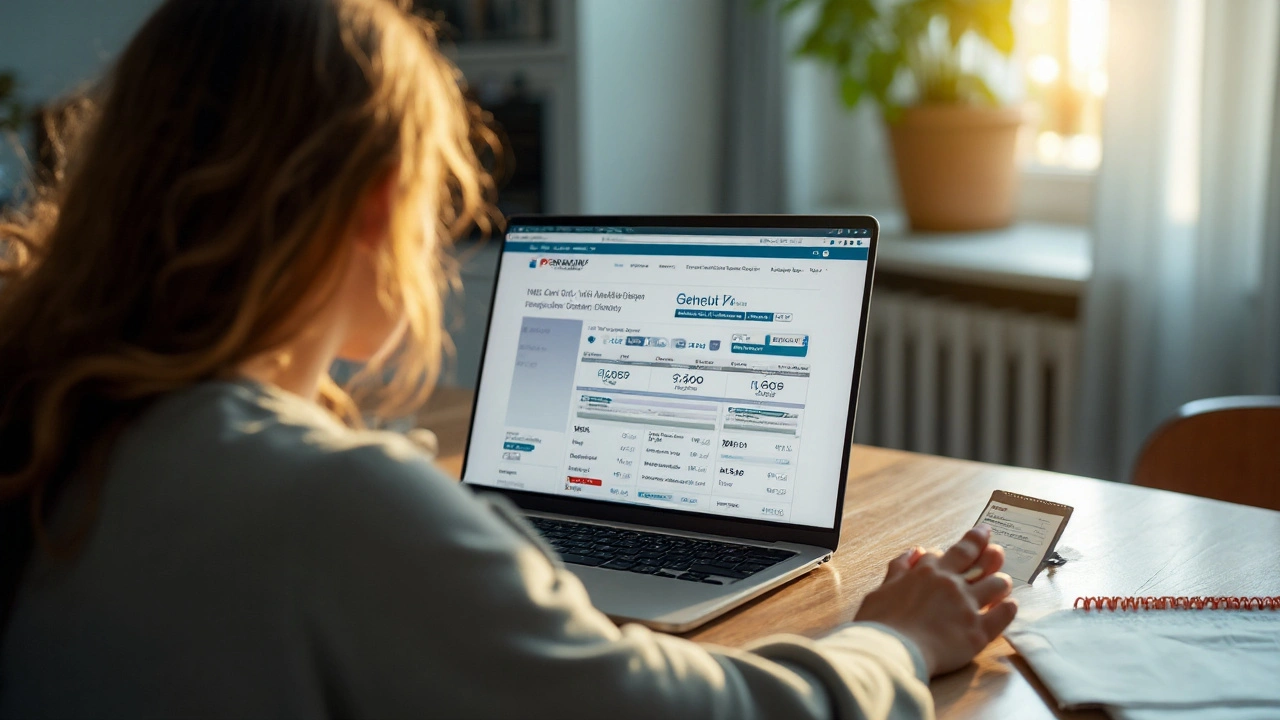Ativan Alternatives: Find Safer Ways to Calm Anxiety
If you or someone you know relies on Ativan (lorazepam) for anxiety, you might be wondering if there are gentler or cheaper options. The good news is that many drugs and even natural approaches can ease anxiety without the strong sedation or dependence risk that comes with benzodiazepines. Below we break down the most common prescription swaps, over‑the‑counter choices, and lifestyle tweaks that actually work.
Prescription swaps that work
When doctors look for a substitute, they often pick another class of anxiety meds that target the brain differently. Sertraline (Zoloft) and Escitalopram (Lexapro) are popular SSRIs that reduce anxiety over weeks rather than minutes, but they avoid the hang‑over feeling that Ativan can cause. If you need something that kicks in faster, Buspirone (BuSpar) offers a middle ground: it starts helping within a few days and has a low risk of dependence.
For people who can’t tolerate SSRIs, Hydroxyzine is an antihistamine that doubles as a calming pill. It’s taken as needed, works within an hour, and isn’t habit‑forming. Another option is Pregabalin (Lyrica), which many find useful for both anxiety and nerve pain. Talk to your doctor about dosage and side‑effects – most of these drugs need a short adjustment period before you feel the full benefit.
Non‑prescription and natural options
Not everyone wants another prescription. Over‑the‑counter supplements like Magnesium glycinate and L‑theanine have solid evidence for calming the nervous system. A daily dose of 200‑400 mg magnesium can smooth out jittery feelings, while 200 mg of L‑theanine (found in tea) promotes a relaxed yet alert state.
Herbal remedies such as Passionflower, Valerian root, and Kava have been used for centuries. They work best when taken as tea or capsule before bedtime, helping you sleep better and cut the daytime anxiety spikes. Remember, kava can affect liver health if used long‑term, so keep it short and check with a pharmacist.
Beyond pills, simple habits often make the biggest difference. Deep‑breathing exercises, short walks, and a consistent sleep schedule lower cortisol levels without any cost. Apps that guide you through 5‑minute mindfulness sessions can replace the instant “quick fix” feeling of Ativan with a steady sense of calm.
Choosing the right alternative depends on how fast you need relief, whether you can handle a prescription, and your personal health history. Start by listing what matters most – quick action, no dependence, low cost – and discuss those priorities with your healthcare provider. With the right mix of medication, supplements, and lifestyle tweaks, you can manage anxiety without leaning on Ativan every day.

